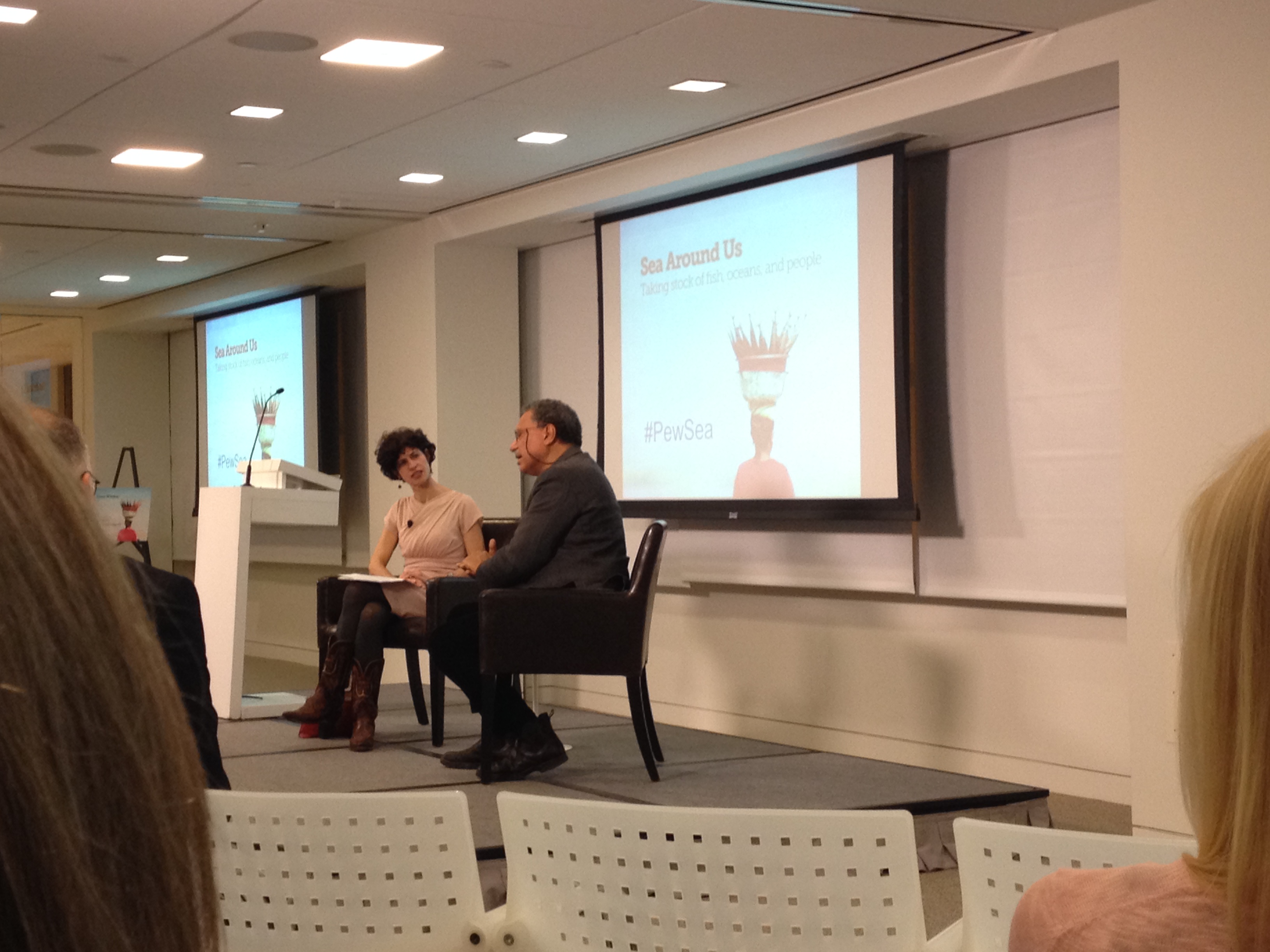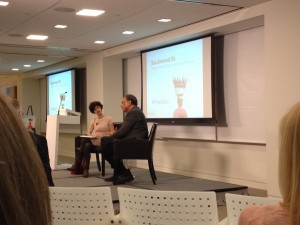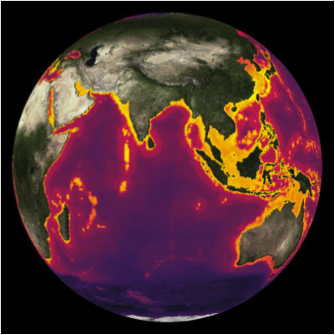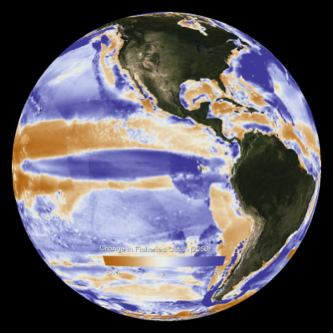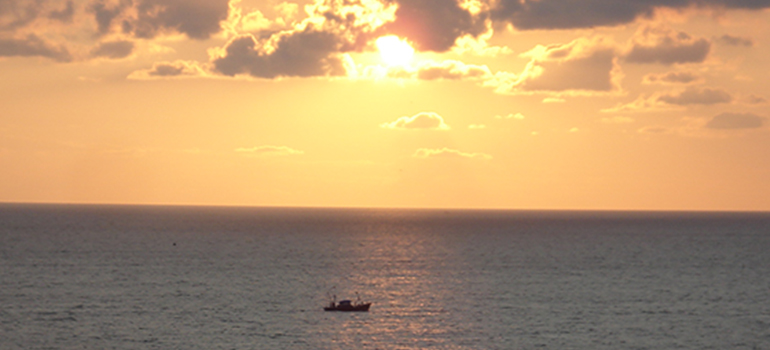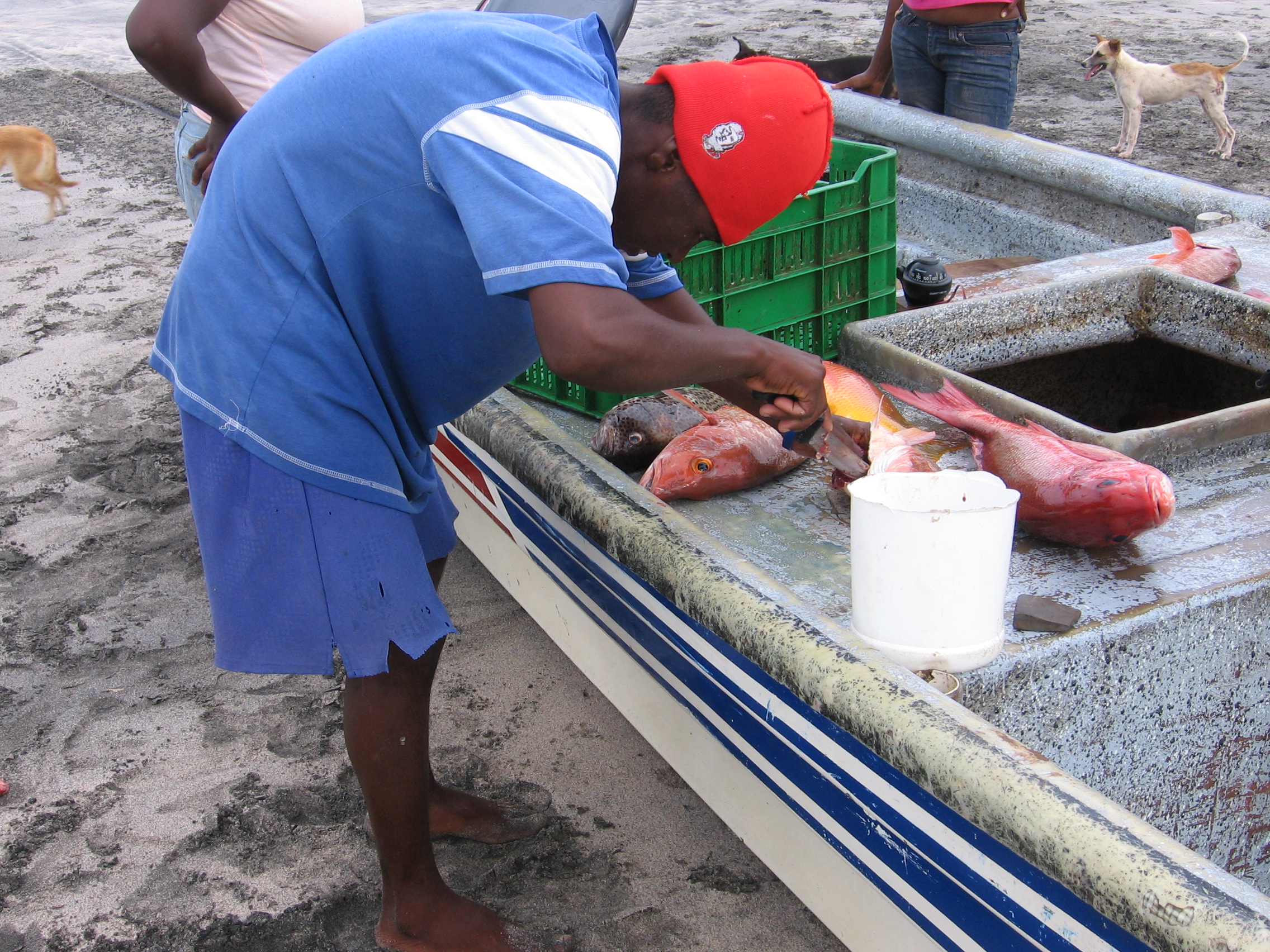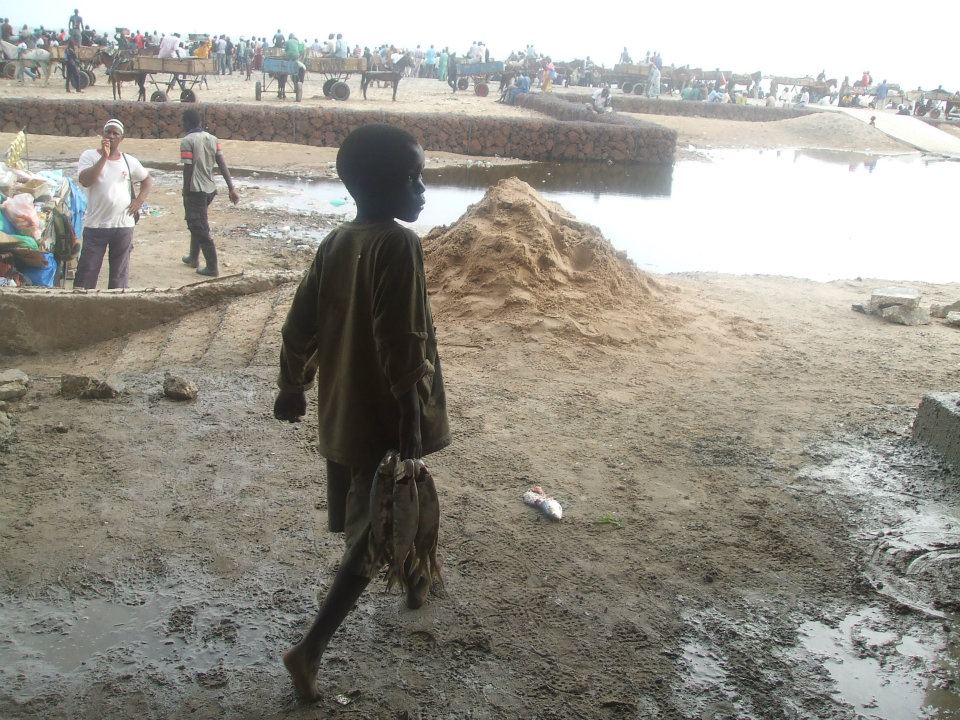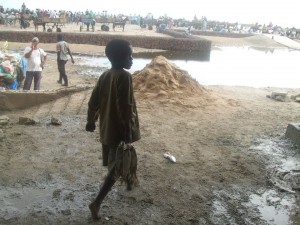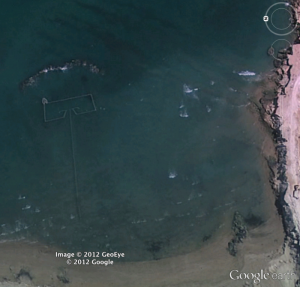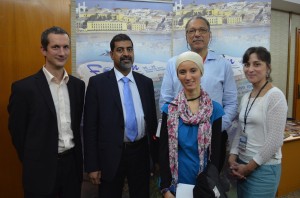On December 15, in Washington D.C., The Pew Charitable Trusts hosted a conversation between Sea Around Us’ Daniel Pauly and Juliet Eilperin, a White House correspondent for The Washington Post. The event marked a 15-year partnership between Pew and Sea Around Us.
Before her role as White House correspondent, Eilperin spent eight years as the national reporter for environmental science, policy and politics. At the event, she talked to Pauly about his research, and his contributions to science, and his critical approach to the exploitation of fisheries across the globe.
After his conversation with Eilperin, Pauly took questions from audience members about academic fisheries research, aquaculture and warming oceans.
If you missed the event, you can watch a the full video here


